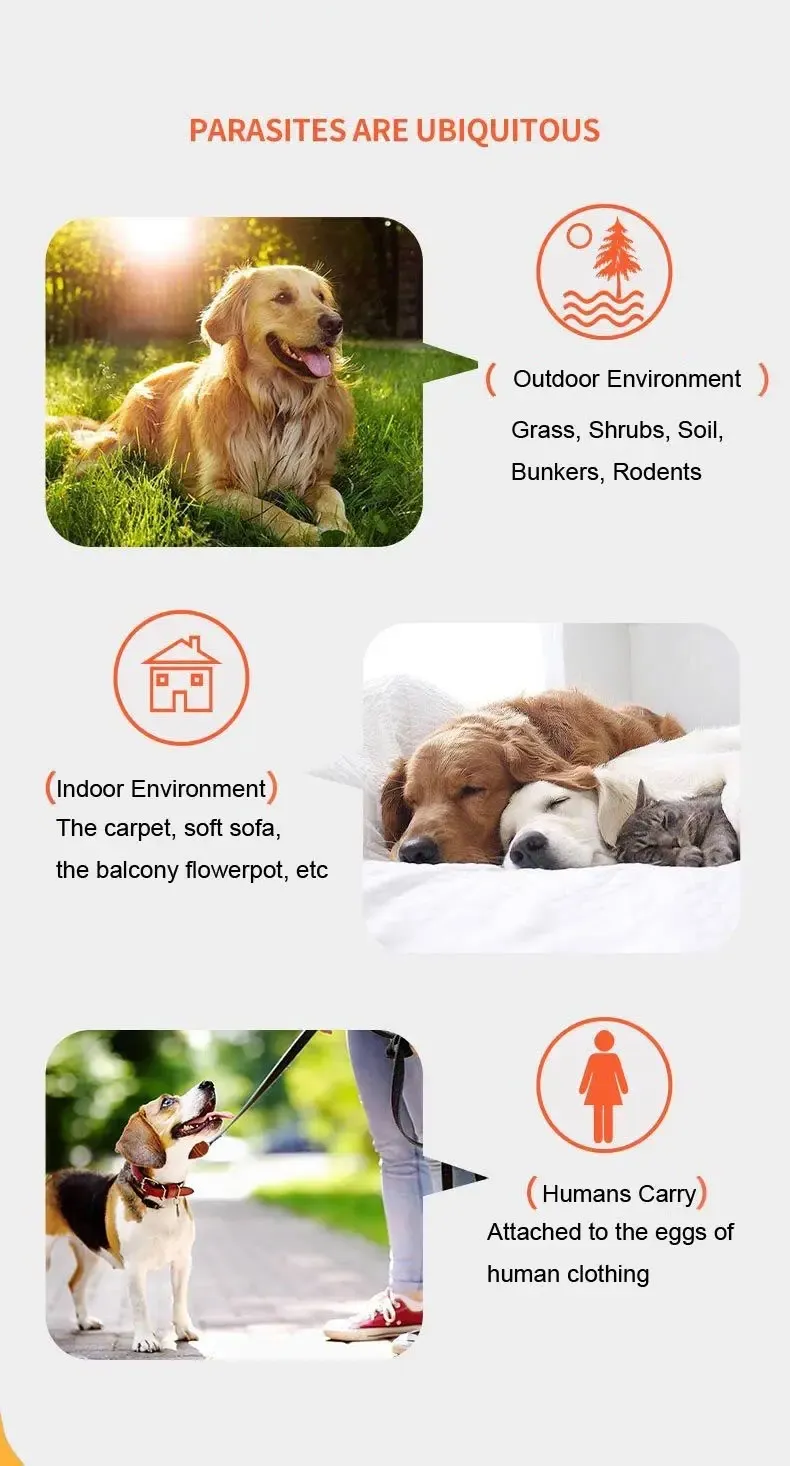- Afrikaans
- Albanian
- Amharic
- Arabic
- Armenian
- Azerbaijani
- Basque
- Belarusian
- Bengali
- Bosnian
- Bulgarian
- Catalan
- Cebuano
- Corsican
- Croatian
- Czech
- Danish
- Dutch
- English
- Esperanto
- Estonian
- Finnish
- French
- Frisian
- Galician
- Georgian
- German
- Greek
- Gujarati
- Haitian Creole
- hausa
- hawaiian
- Hebrew
- Hindi
- Miao
- Hungarian
- Icelandic
- igbo
- Indonesian
- irish
- Italian
- Japanese
- Javanese
- Kannada
- kazakh
- Khmer
- Rwandese
- Korean
- Kurdish
- Kyrgyz
- Lao
- Latin
- Latvian
- Lithuanian
- Luxembourgish
- Macedonian
- Malgashi
- Malay
- Malayalam
- Maltese
- Maori
- Marathi
- Mongolian
- Myanmar
- Nepali
- Norwegian
- Norwegian
- Occitan
- Pashto
- Persian
- Polish
- Portuguese
- Punjabi
- Romanian
- Russian
- Samoan
- Scottish Gaelic
- Serbian
- Sesotho
- Shona
- Sindhi
- Sinhala
- Slovak
- Slovenian
- Somali
- Spanish
- Sundanese
- Swahili
- Swedish
- Tagalog
- Tajik
- Tamil
- Tatar
- Telugu
- Thai
- Turkish
- Turkmen
- Ukrainian
- Urdu
- Uighur
- Uzbek
- Vietnamese
- Welsh
- Bantu
- Yiddish
- Yoruba
- Zulu
พ.ย. . 09, 2024 19:58 Back to list
Effective Medications for Treating Tapeworm Infections in Humans
Medication to Kill Tapeworms in Humans
Tapeworms are parasitic flatworms belonging to the class Cestoda, which can inhabit the intestines of various animals, including humans. Infection by these worms, also known as cestodiasis, can occur through the consumption of undercooked meat, contaminated water, or unhygienic food practices. While symptoms may be mild and sometimes non-existent, severe cases can lead to significant health issues such as malnutrition, intestinal blockages, and even complications in other organs if the tapeworms migrate outside the intestines.
When it comes to treating tapeworm infections, there are several effective medications available. The primary goal of these treatments is to eliminate the adult tapeworms from the host's body and reduce any associated symptoms. The choice of medication often depends on the specific type of tapeworm involved, the patient's overall health, and any potential side effects.
Medication to Kill Tapeworms in Humans
Another widely used medication is niclosamide, which is effective against tapeworms, particularly the beef and pork tapeworms. Niclosamide functions by inhibiting the absorption of glucose in the parasite, leading to its death. This medication is administered in pill form and is usually taken on an empty stomach for optimal absorption. Like praziquantel, niclosamide is generally well-tolerated, though some individuals may experience mild gastrointestinal symptoms.
medication to kill tapeworms in humans

In cases of cysticercosis, a more severe form of tapeworm infection caused by the larval stage of the pork tapeworm *Taenia solium*, treatment may include albendazole or mebendazole. These medications are anthelmintics that work by disrupting the microtubule formation in the parasite, effectively killing it. Cysticercosis can lead to serious complications such as seizures or neurological issues, so these treatments may be combined with anti-inflammatory medications, especially if there is significant inflammation resulting from the dying parasites.
Aside from pharmacological treatments, proper hygiene and food safety practices are crucial in preventing tapeworm infections. Individuals are encouraged to thoroughly cook meat, especially pork and beef, to safe temperatures and to wash fruits and vegetables carefully. Ensuring good sanitation and personal hygiene, particularly in areas where tapeworm infections are prevalent, can significantly reduce the risk of transmission.
It is essential for anyone suspecting a tapeworm infection to seek medical attention. A healthcare provider will typically conduct stool examinations to identify the presence of tapeworm eggs or segments, paving the way for an appropriate treatment plan. Self-diagnosis and treatment are discouraged, as misunderstandings could lead to ineffective strategies or worsen the condition.
In conclusion, tapeworm infections can pose health risks but are generally treatable with medications like praziquantel, niclosamide, or albendazole. While these medications work effectively, prevention is paramount. By adhering to safe food handling practices, maintaining diligent personal hygiene, and being attentive to dietary choices, individuals can significantly mitigate the risk of tapeworm infections. Awareness, education, and prompt medical care are vital components in combating these parasitic infections and safeguarding public health.
-
Guide to Oxytetracycline Injection
NewsMar.27,2025
-
Guide to Colistin Sulphate
NewsMar.27,2025
-
Gentamicin Sulfate: Uses, Price, And Key Information
NewsMar.27,2025
-
Enrofloxacin Injection: Uses, Price, And Supplier Information
NewsMar.27,2025
-
Dexamethasone Sodium Phosphate Injection: Uses, Price, And Key Information
NewsMar.27,2025
-
Albendazole Tablet: Uses, Dosage, Cost, And Key Information
NewsMar.27,2025













